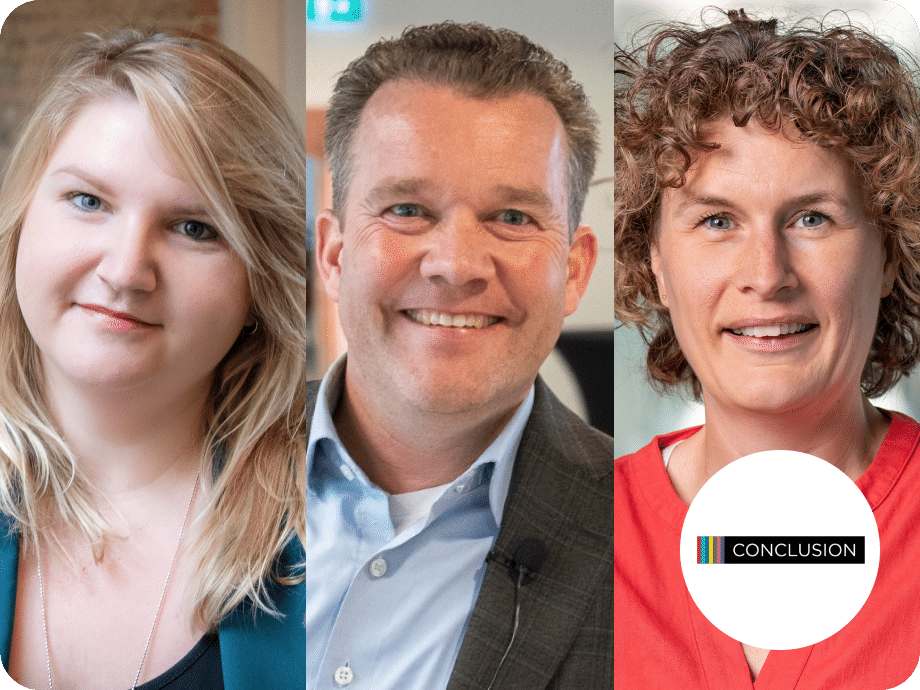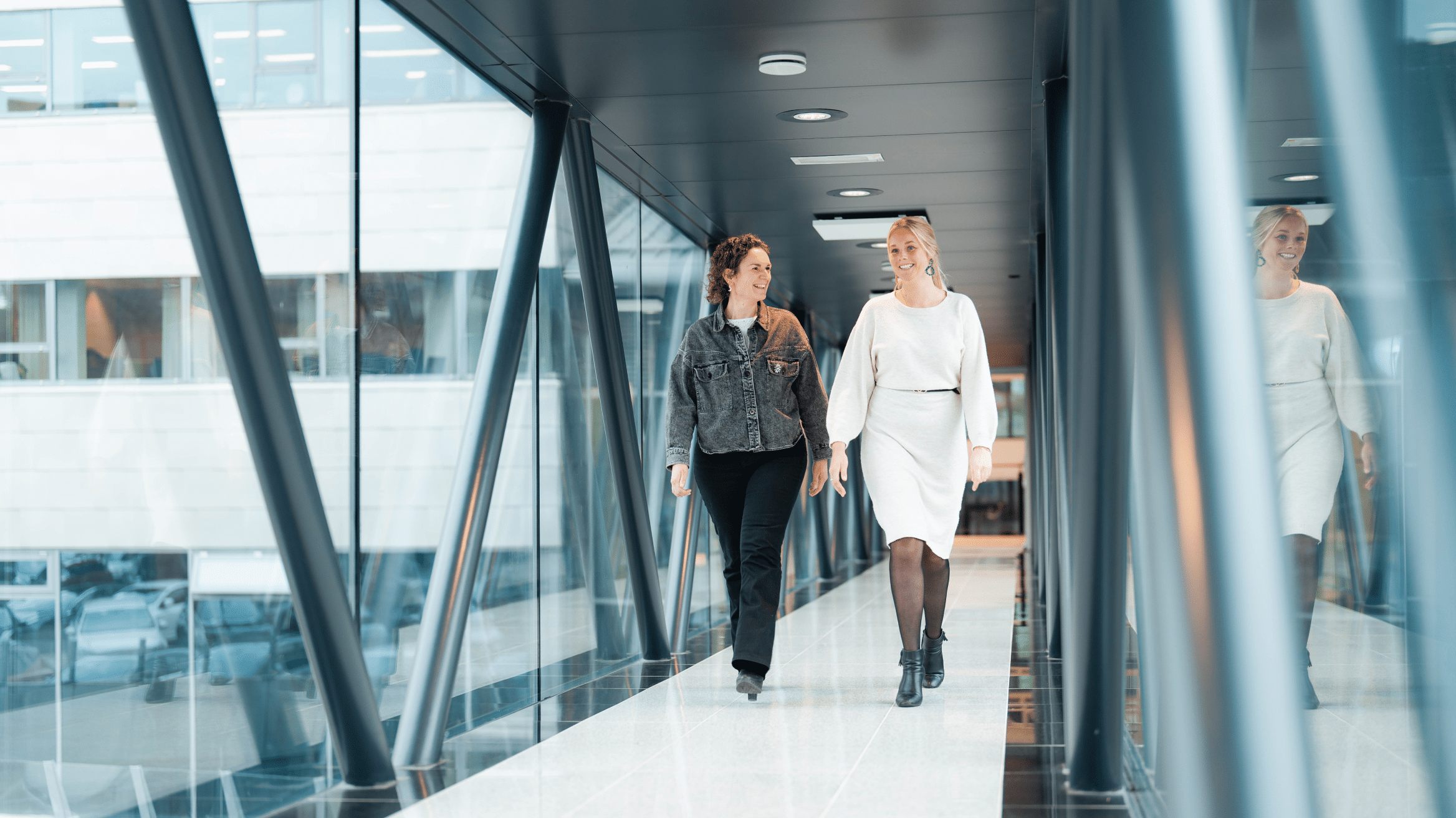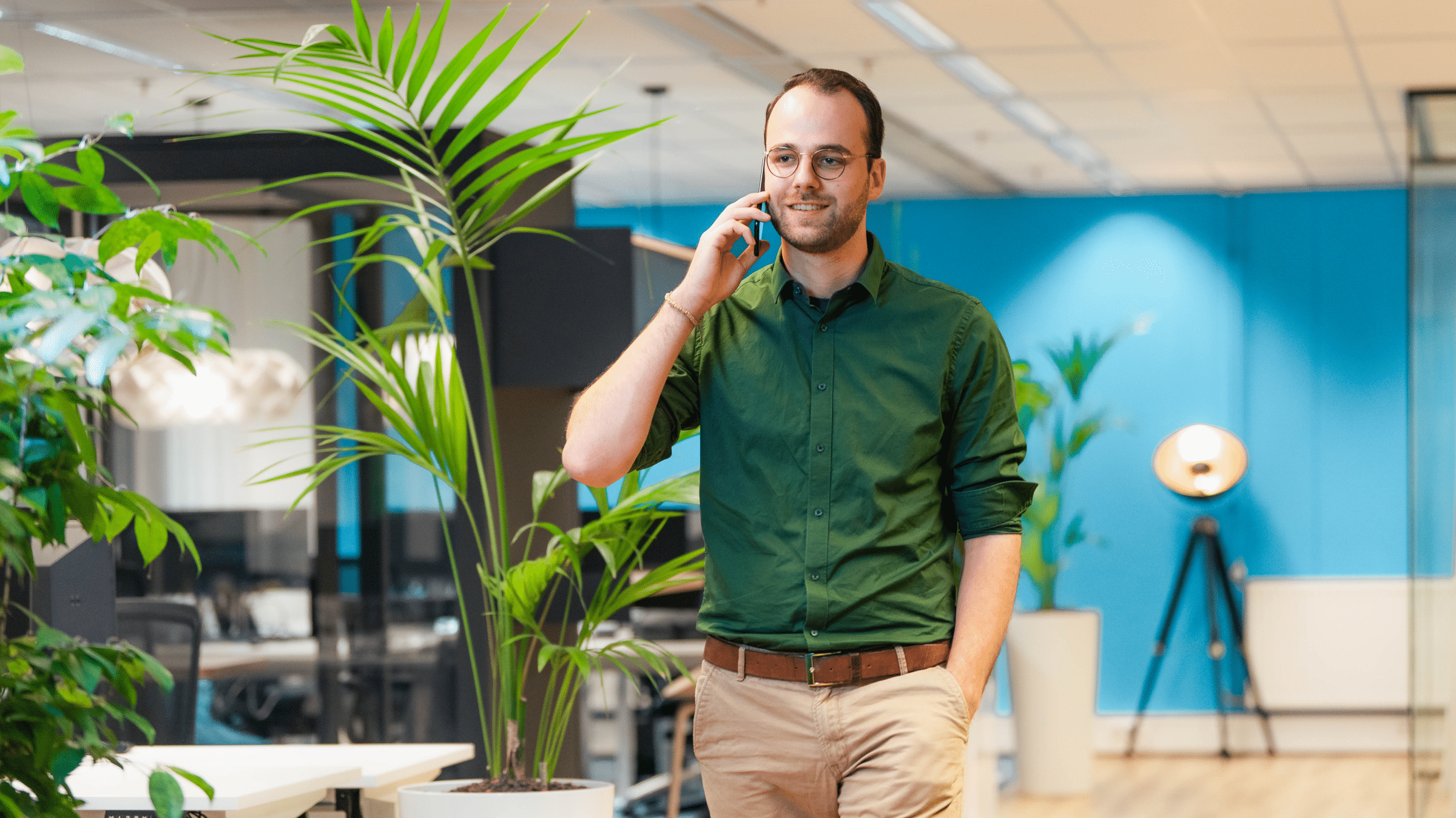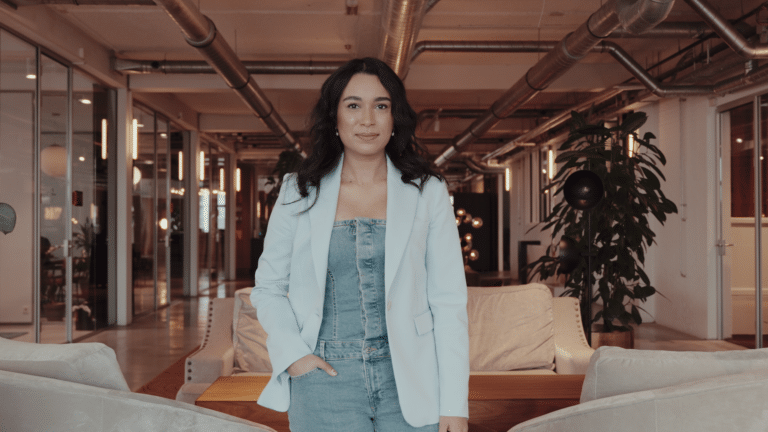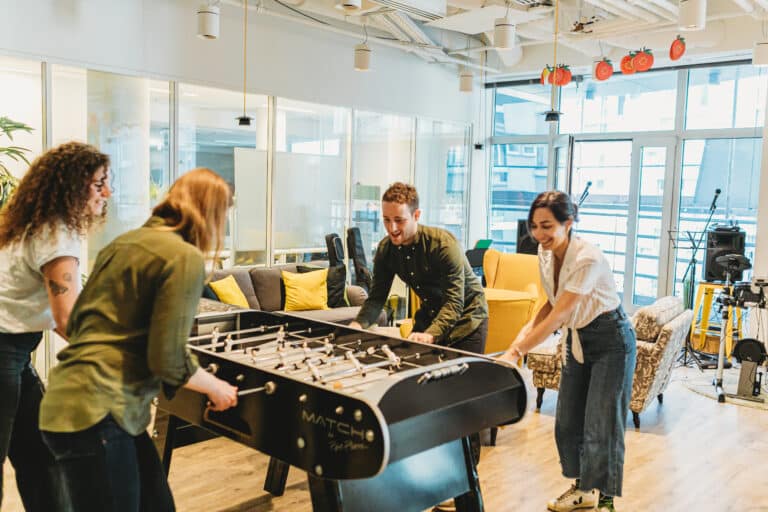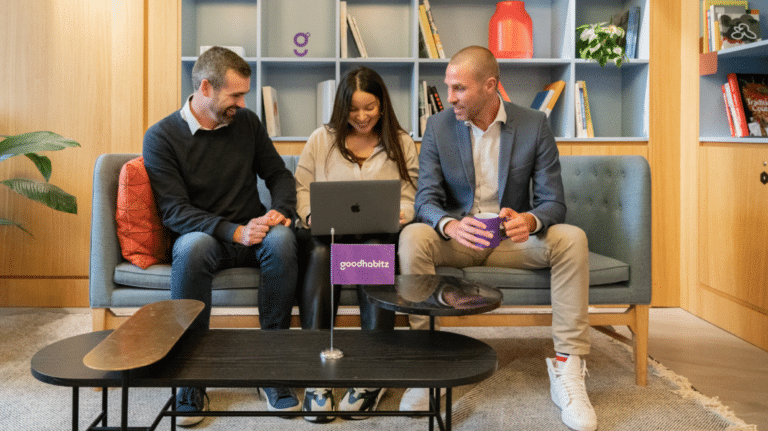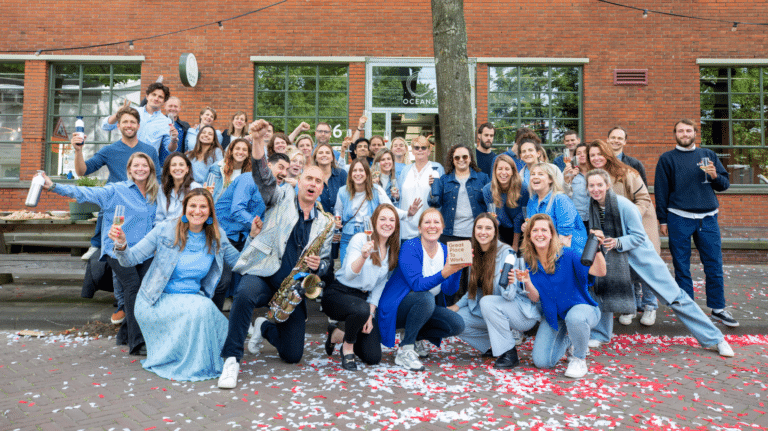What makes OpenUp a valuable asset of your well-being strategy?
Magdalena: We actively refer people to OpenUp and we always ask them how they found the process and what they thought about the help that they received. The responses we receive are always very positive. Employees really appreciate the instant help that they get, so that’s really valuable to us.
What is your HR team focusing on this year when it comes to mental well-being?
Magdalena: This year we are focusing specifically on on-the-job training for our team leaders. As they have close contact with their team members, we believe it is essential to provide the right tools to really deep dive into conversations and foster meaningful communication. To achieve that, we’ve started a training program for our team leaders in which they can understand and practise how to give feedback or explore the best way of working with people that are struggling to define their expectations.
We finalised three sessions last year and will continue the training this year, also we aim to keep training new team leaders in that same expertise. We have several parties involved in either maintaining the well-being of employees or trying to help them when necessary, so we try to be involved as much as we can, especially when someone indicates that they’re not feeling well.
Why do you think resilience amongst employees is important for your industry?
Roel: I think there are several reasons. As I was already mentioning, the world is fast-changing , especially within the SAP and OutSystems environment. The products that SAP and OutSystems are providing to its customers, but especially the way those products should be implemented, are transforming dramatically, which means that we have to re-educate our people and make sure that they’re future proof while remaining valuable to our customers.
Which events in your business require resilience from your workforce, e.g. day-to-day or change processes?
Roel: Change is something that people are not always happy to go through and, for many, change comes with some kind of stress. This means that, on one hand, we should make sure that we provide employees with the opportunities and the motivation to go through this change. But on the other hand, we also have to be aware of the well-being of people and ensure that it is not compromised.
It is essential to recognise this discomfort and provide them with the proper means to remain resilient. And we shouldn’t forget that new changes also bring a lot of pleasure and fun for people, so it is not only stressful!
How do you support your teams in times of heavy workloads?
Roel: myCoaches, for example, organises these so-called ‘boost session’, where our coaches come up with topics that are primarily important for our employees, e.g., giving feedback in the proper way, how to deal with time management, etcetera. In addition, with our Consultant of the Future program, we offer not only themes on the theoretical level, such as SAP finance and logistics, but also provide training on methodologies and consultancy skills. This is what we do on a daily basis. Next to all these formal things, we also believe that we should make sure that people are able to meet each other on a personal level. So we therefore invest a lot in social events, both within the organisation and outside.
Magdalena: Our team leads have a lot of proximity to their people and they speak to them on a monthly basis at least. So, they play a really important role in building that resilience and trying to give feedback where people struggle with either professional or personal issues.
Annemieke: At Conclusion, we provide well-being programs as well. Overall, we aim for sustainable employability, which includes education, skills and growth, among others. I think it’s a very integral approach: it’s not one thing that we do that makes people more resilient. It’s adding on to having genuine attention for them, making sure that they’re trained well, that they understand what’s expected of them, that they feel comfortable in what they’re doing and that they’re happy about what they’re doing. Overall, I think we do many things that are scattered throughout either HR responsibilities or leadership responsibilities.
